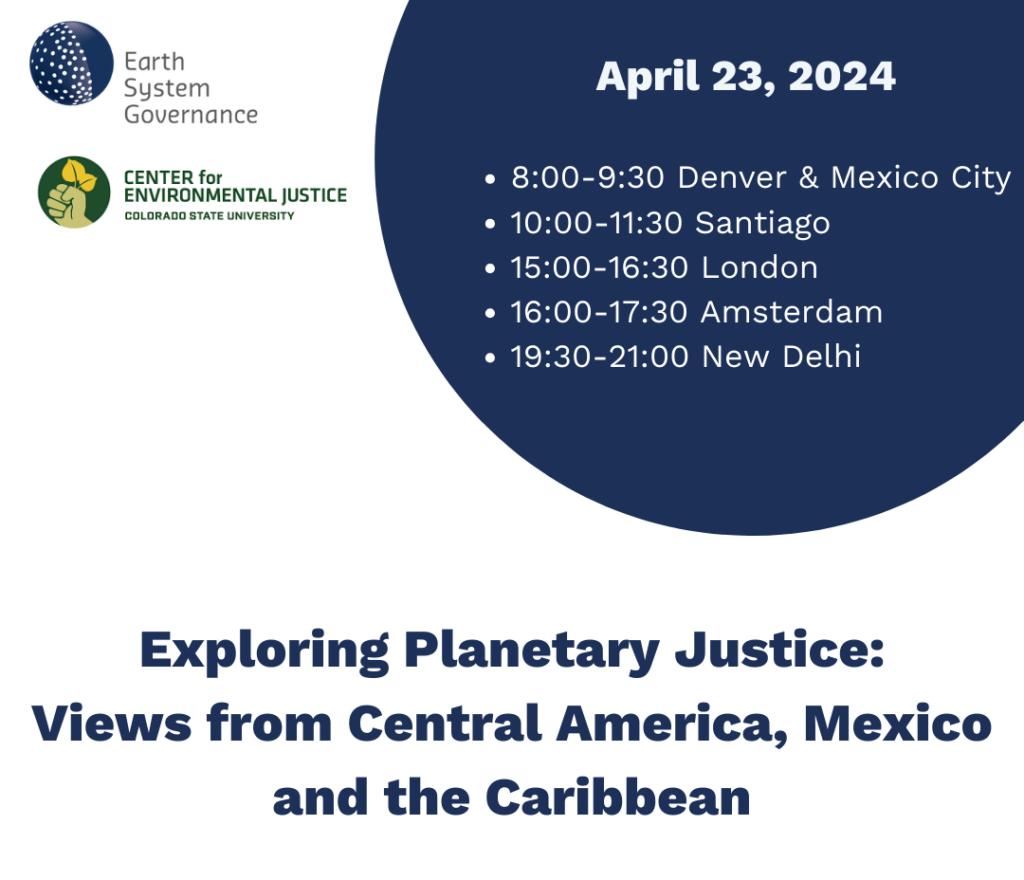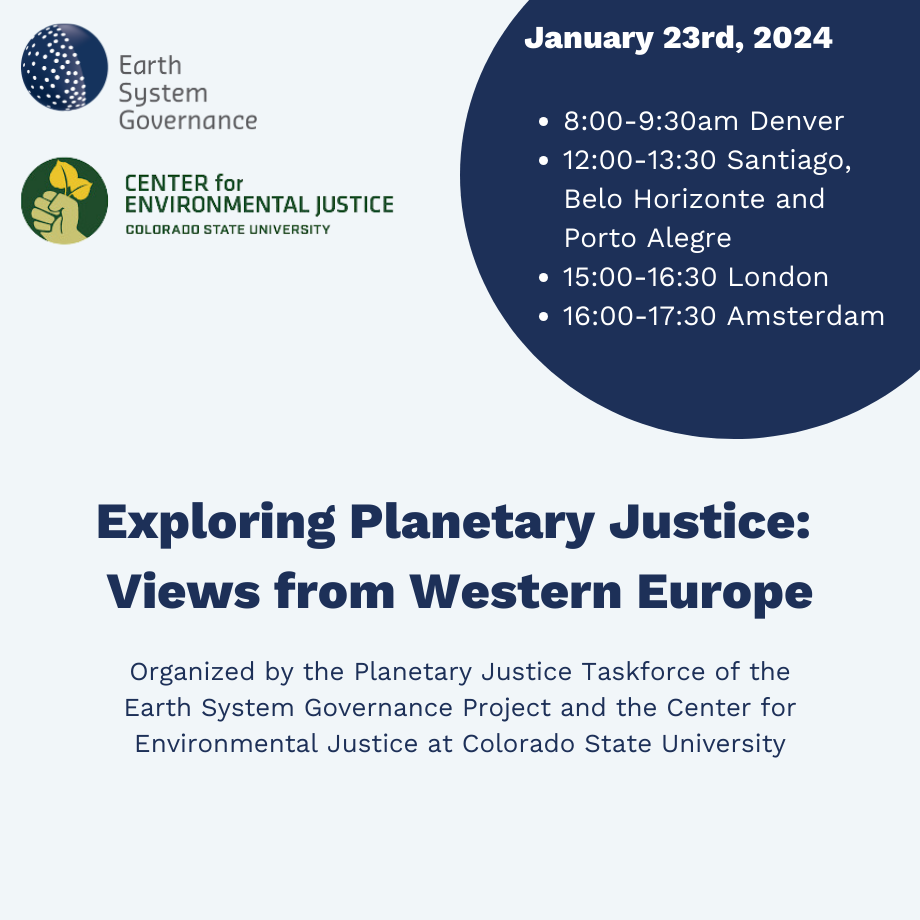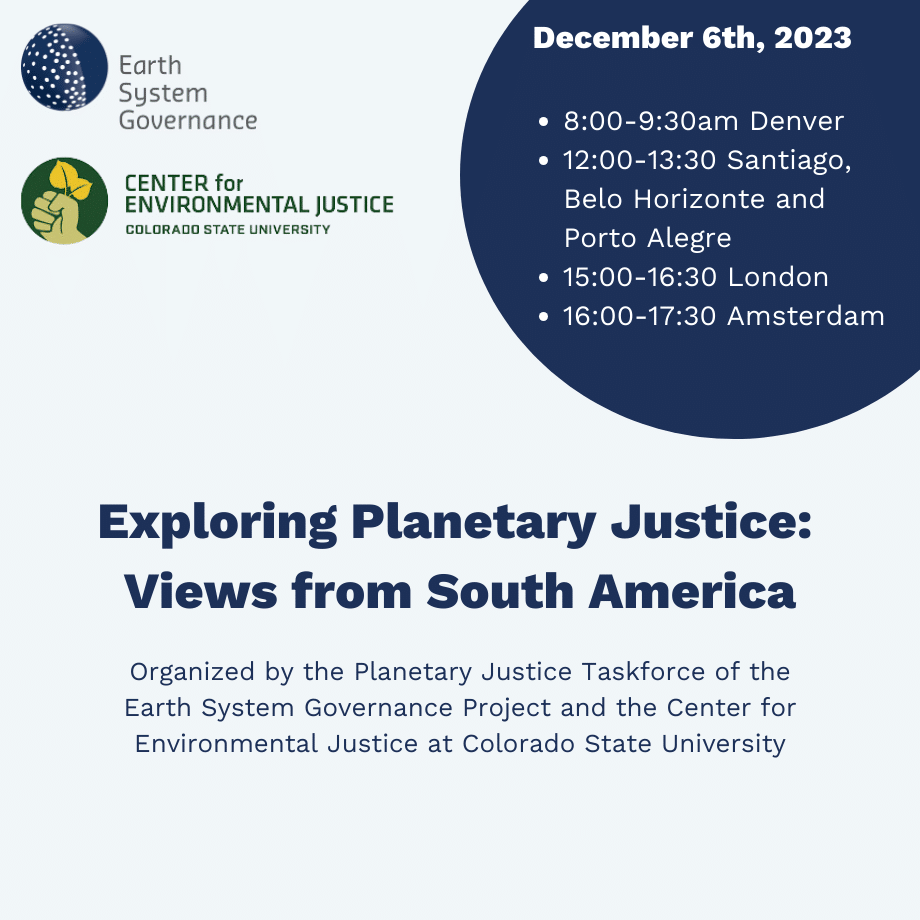The Earth System Governance Project will convene a special panel on Adaptiveness in Earth System Governance at the Resilience Conference 2011.
Adaptiveness is one of the five analytical themes of the IHDP Earth System Governance Project. The project understands it as an umbrella term for a set of strongly related concepts—vulnerability, resilience, adaptation, robustness, adaptive capacity, social learning and so on. Each of them alone is too limited to describe changes made by social groups in response to, or in anticipation of, challenges created through environmental change. Within the framework of earth system governance, the term adaptiveness includes the governance of adaptation to social-ecological change as well as the processes of change and adaptation within governance systems. Adaptation can create winners and losers, by, for instance, shifting the distribution of benefits, of involuntary risks, or of power.
| The aim of “Resilience, Innovation and Sustainability: Navigating the Complexities of Global Change” is to advance understanding of the relationships among resilience, vulnerability, innovation and sustainability. It will do so by bringing together scientists to share their work on the dynamics of interconnected social-ecological systems. Conference attendees will include people from the government, business, NGOs and academic sectors concerned with resource governance, and economic and social development. A key outcome of conference discussions will be the development and refinement of new ideas for meeting the challenge of global change. The conference will take place 11-16 March 2011 at Arizona State University, Tempe, United States. For more information see the conference website: http://resilience2011.org. |
It is often specific to the social-ecological system in question, and who benefits from adaptation may not be identical to who has to do the adapting. And, the appropriate degree of responsiveness to change, and consequently, timeliness, is contested. Key questions therefore are: Adaptiveness by what, under which conditions and at what scales? For whom and who benefits? To what and with which side-effects? By when?
Studies of adaptiveness must grapple with both overt political contests and more nuanced exercise of power and social control that impact on the fairness of adaptation processes and outcomes. The best ways to critically analyze adaptiveness needs further theoretical and methodological development. The empirical foundations of the studies presented in the panel are diverse but share a common purpose in provoking new and better ways of thinking about the concept of adaptiveness from a governance perspective. The panel will try to move beyond the single case studies to the key questions and fundamental issues in the politics of adaptiveness and underlying concepts like resilience. The aim is to open up space for innovative thinking and further research around the analytical problem of adaptiveness in earth system governance.
Panellists will include:
Victor Galaz, Stockholm Resilience Centre, Sweden
Kathleen Galvin, Colorado State University, United States
Diana Liverman, University of Arizona, United States
Lennart Olsson, Lund University, Sweden
Ruben Zondervan, panel chair, Earth System Governance Project



